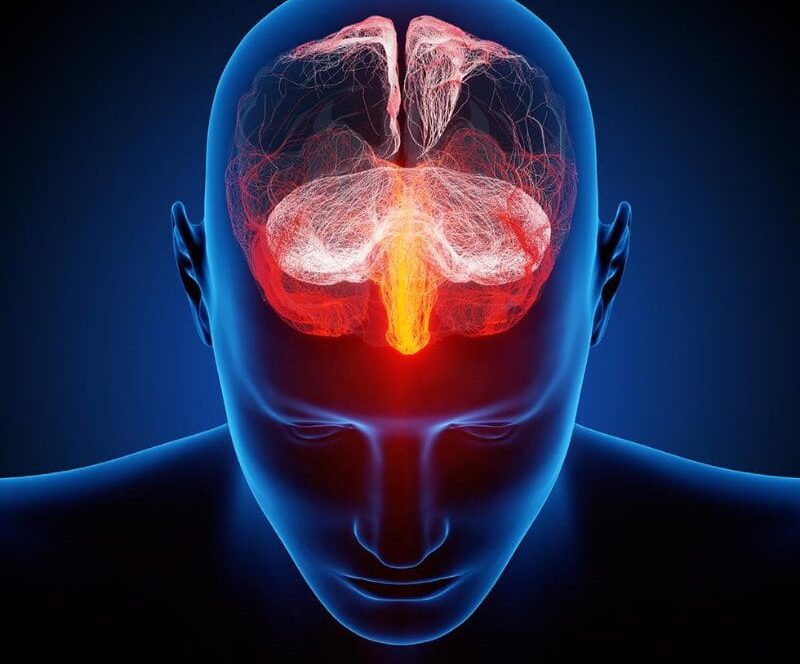Imagine a throbbing headache that seems to pierce through your skull, accompanied by nausea, sensitivity to light and sound, and an overwhelming desire to find a quiet, dark room to hide in. This is the unfortunate reality for individuals battling chronic migraines. Chronic migraines are more than just headaches. They are intense, throbbing pains, which affect millions of people globally. They are debilitating and occur 15 or more days per month for at least three months.
What Are Chronic Migraines?
Chronic migraines are a neurological disorder with recurring, severe headaches. They differ from regular headaches in frequency and severity, lasting for hours or days, and are often triggered by various factors.
Causes of Chronic Migraines
The exact cause is unclear, but it is believed to involve genetics, neurological factors, and environmental influences. Abnormal brain activity, hormonal fluctuations, and neurotransmitter changes may trigger these migraines.
Common Triggers
Identifying triggers is a crucial step in managing chronic migraines. While triggers can vary from person to person, some common culprits include:
- Stress: Emotional or physical stress can act as a trigger for chronic migraines.
- Dietary Factors: Certain foods and beverages, like aged cheeses, caffeine, and processed foods containing additives like MSG, have been linked to migraines. Talk to your doctor for further direction on your diet.
- Sleep Patterns: Irregular sleep patterns, whether getting too little or too much sleep, can trigger migraines.
- 4. Environmental Factors: Bright lights, strong smells, and changes in weather can provoke migraines in some individuals.
- Hormonal Changes: Fluctuations in estrogen levels, particularly in women during menstruation, pregnancy, or menopause, can trigger migraines.
Relief Strategies
Managing chronic migraines involves a combination of lifestyle adjustments, medical interventions, and preventive measures:
- Lifestyle Modifications: Establishing a regular sleep schedule, managing stress through relaxation techniques or mindfulness, and maintaining a balanced diet can help reduce the frequency and severity of the migraines.
- 2. Medications: Over-the-counter pain relievers like ibuprofen or aspirin can provide relief for some individuals. However, for those with severe or frequent migraines, a doctor might prescribe specific migraine medications depending upon the individual case.
- Biofeedback and Relaxation Techniques: Techniques like biofeedback, meditation, and deep breathing can help individuals manage pain perception and stress, potentially reducing the intensity of the migraines.
- Botox Injections: Botox injections, when administered by a medical professional, have been approved for chronic migraine prevention. They work by relaxing muscles and blocking nerve signals associated with migraines.
- Alternative Therapies: Acupuncture, chiropractic care, and herbal supplements are some alternative approaches that some individuals find beneficial in managing chronic migraines. As always, it’s important to consult with your healthcare team before trying any new treatments.
Chronic migraines are a complex condition, but with lifestyle changes, medical treatments, and preventive measures, relief is possible. If you or someone you know suffers from this type of migraine, consult a healthcare provider for a personalized treatment plan. There’s hope for managing migraines with the right care team.






